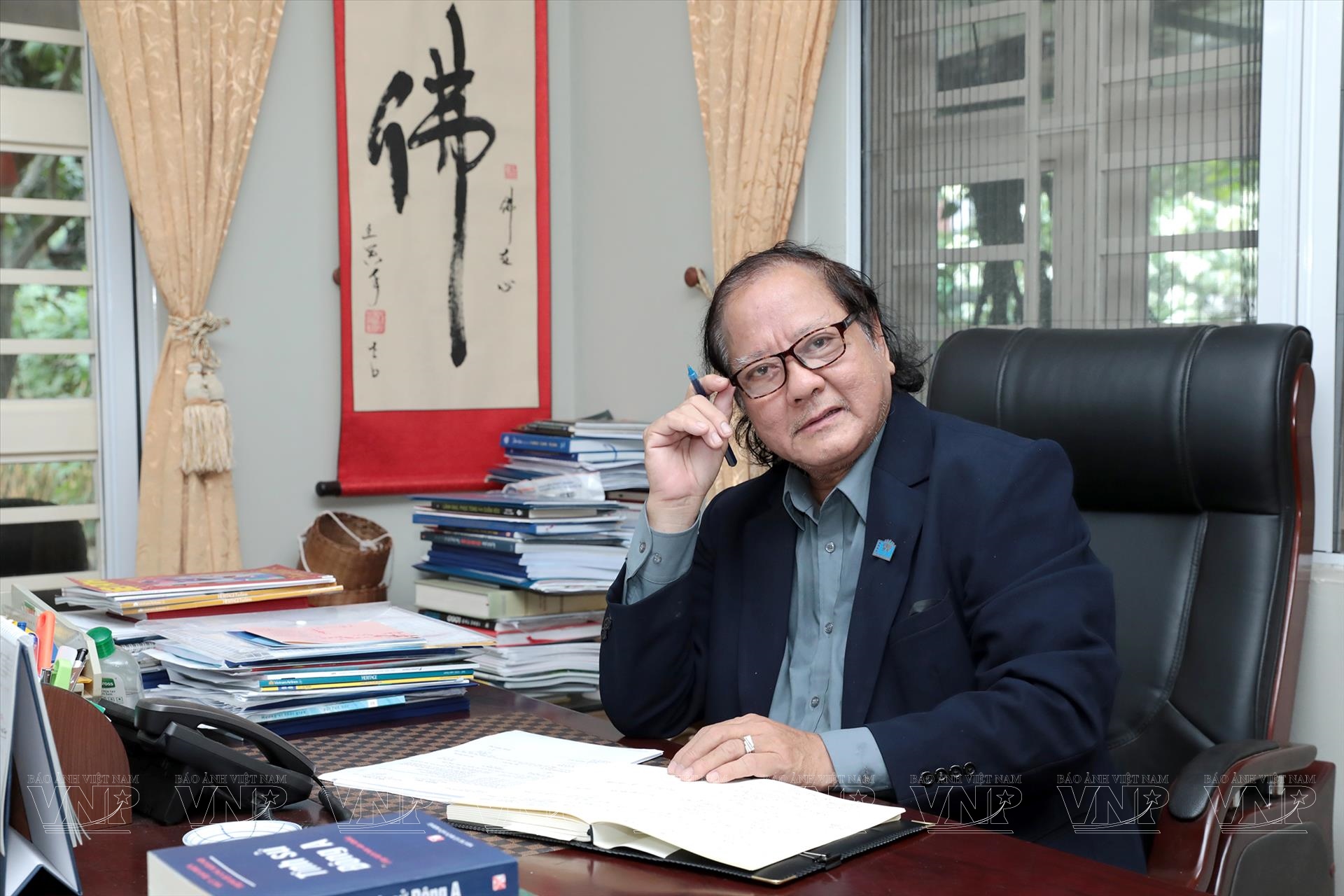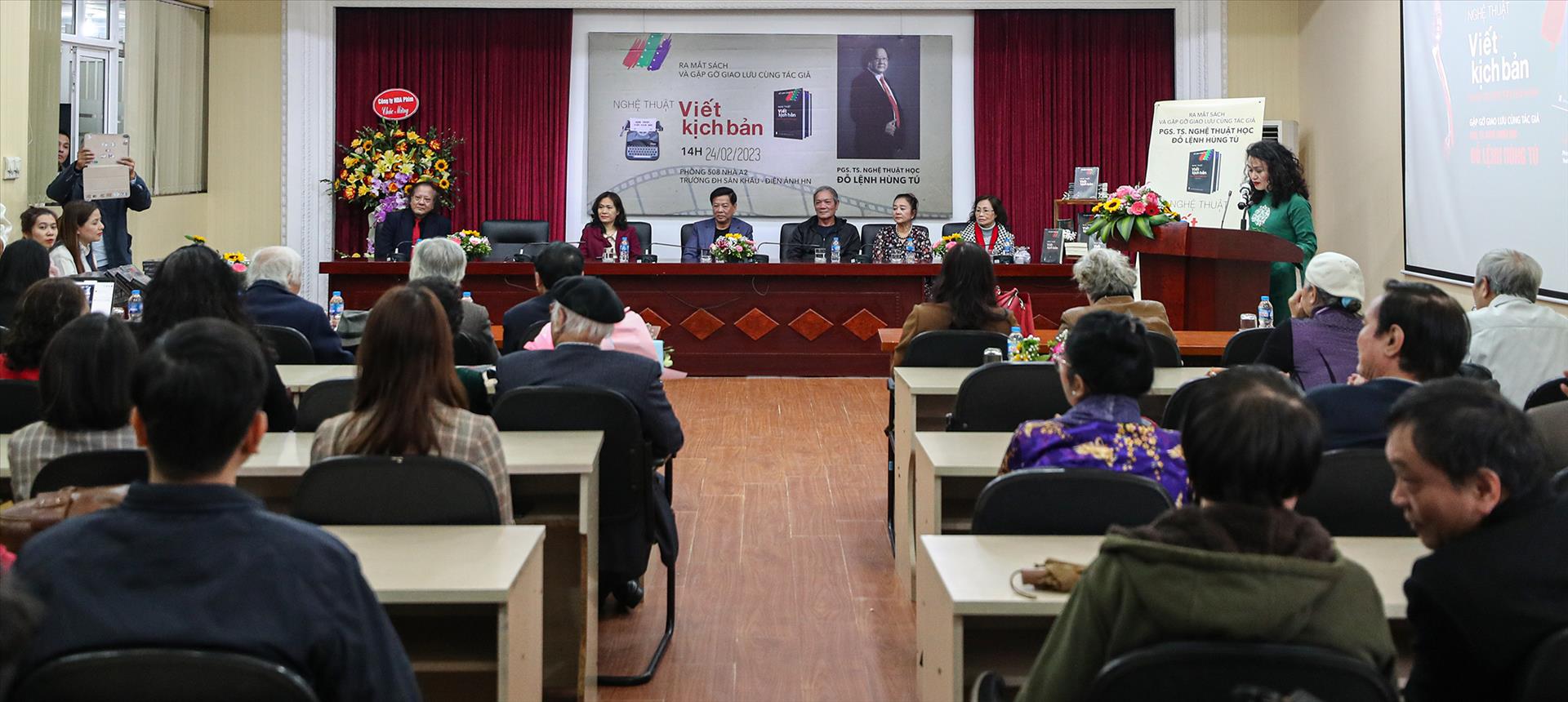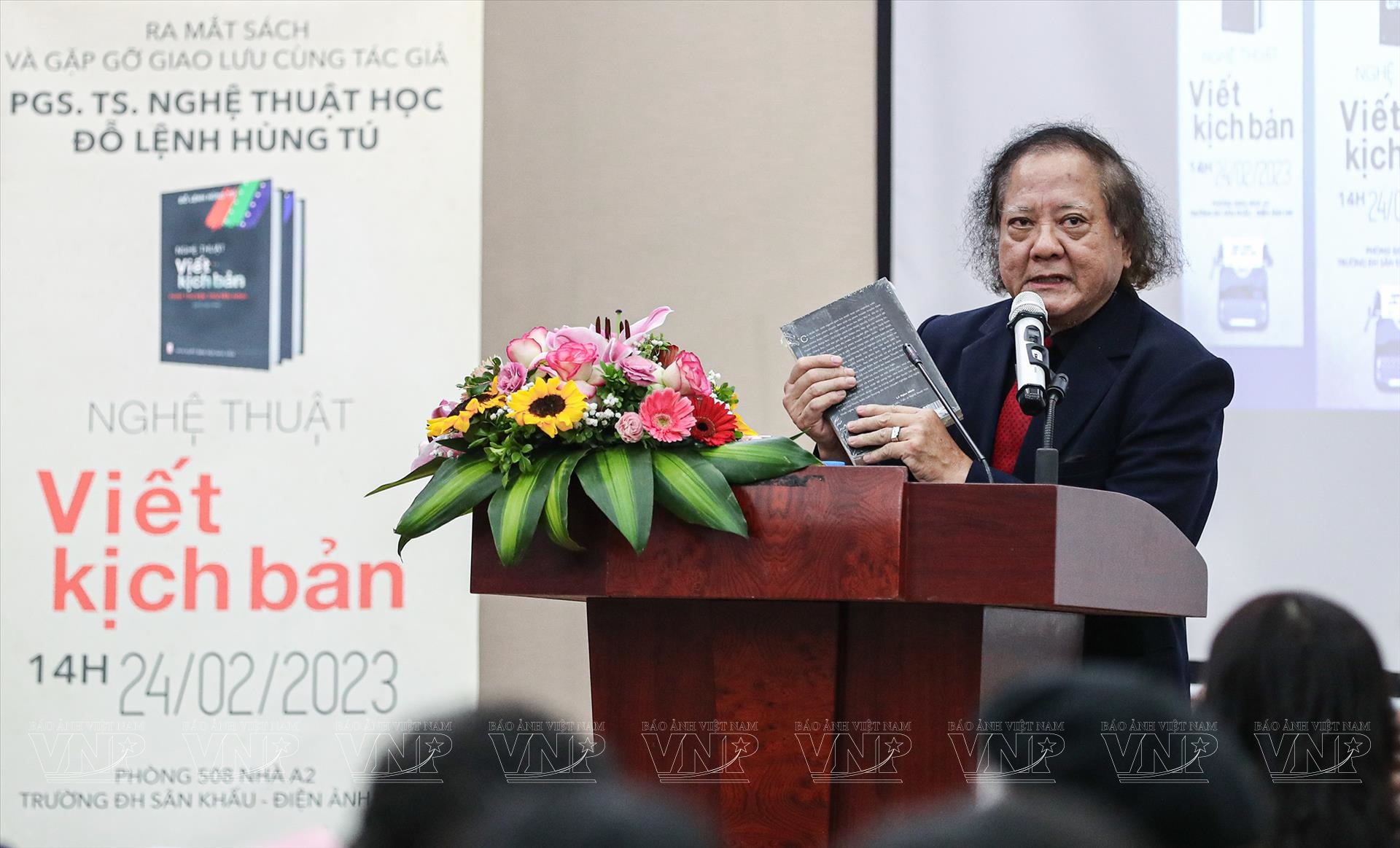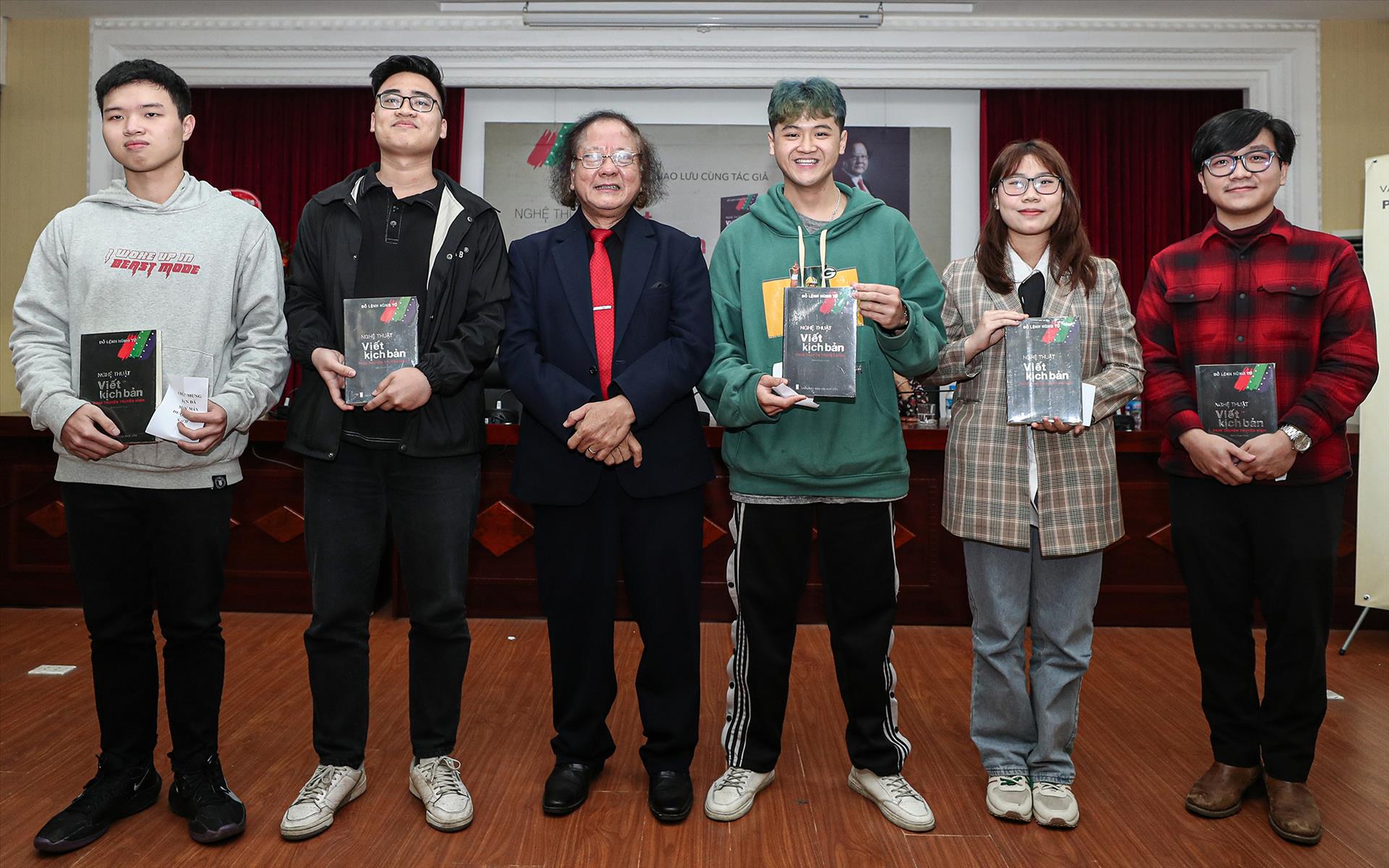The Scriptwriting Master Behind TV Series
For Vietnamese films to have a position on the world cinema map, there is a need for strategic and focused investment. Do Lenh Hung Tu shared this view when he took charge as President of the Vietnam Cinema Association.
His Concern over Vietnamese Cinema during Industry 4.0
According to Associate Professor Do Lenh Hung Tu, cinema is one of the ways to introduce the culture of countries to the world. Many historical films from China, and South Korea, have only been shown in Vietnam for about three decades. Still, the understanding of the history and culture in the two countries those films have brought to Vietnamese is more significant than any books or documents.
This shows that a country can open its doors and introduce to the world its nature, landscapes, and culture through movies.
By hearing-and-seeing art, cultural values have been spread and absorbed from movies to all audiences. Accordingly, each quality film quickly brings viewers emotions, moral lessons, and cultural values.
According to Hung Tu, linking film with tourism and culture has always been the motive and goal of the filmmaking process in many countries.
"This is a lesson for Vietnamese filmmakers. It is not only a way to bring culture to domestic viewers, but also a way to promote the film to the world," he said. With integration, the socialization of cinematic activities is taking place actively, especially among private producers who have contributed to promoting and introducing Vietnamese films to international audiences. Along with that, independent films have also left their marks on international film festivals.
His Legacy of Works
Although being born into a family with a tradition in medicine, Do Lenh Hung Tu showed his early talent and pursued an artistic career. In 1971, he officially passed the exam and entered the Vietnam College of Fine Arts. After graduating in 1976, he returned to work at the Fine Art Design Workshop of the Vietnam Feature Film Studio.
At that time, he already had paintings displayed in many Hanoi Fine Arts Exhibitions in 1977, 1978 and 1979. From 1979 to 1985, he was accepted to study Fine Art Design of Cinema-Television at the National University of Cinema of the Soviet Union. After graduating, he became a lecturer at the Vietnam Film School in Ho Chi Minh City.
He continued studying when he graduated with a Master of Fine Arts in 2008 with the topic "The Role of a Painter in Feature Film Design" and then finished a Ph.D. Program. Hung Tu achieved a Doctor of Arts degree, majoring in Theory and History of Fine Arts in 2015 for "Methods of visual art expression in cinematographic works." In 2019, Hung Tu was promoted to Associate Professor.
Since then, the Associate Professor has played many roles in cinematic arts. He participated as the leading artist for films such as White Camellia Amplexicaulis, My Heart Doesn't Sleep, Anger, My Model, Saying Goodbye in the Rain and Kieu @. Besides, he has worked in many documentaries as a screenwriter and director.
Hung Tu has achieved great success with two books, including "Shaping, Design, and Art in Feature Films" which won the Silver Kite Award in 2009, and "Visualization in Cinematography" which won the Golden Kite Award in 2015. After many years of researching, teaching, and writing screenplays, Hung Tu has completed the book "The Art of Writing Screenplays for TV Series". The book is appreciated by many reputable experts in the field of screenplay writing as a valuable handbook for those trained in the profession of screenwriting.
"For cinema to develop strongly and rise to become one of the cultural industries, there must be a comprehensive investment in the mechanism and economics for filmmaking to ensure a rich flow of artworks and contribute to positioning Vietnamese cinema on the world map," he said.
Story: Thao Vy/VNP Photos: Thanh Giang Translated by Hong Hanh






